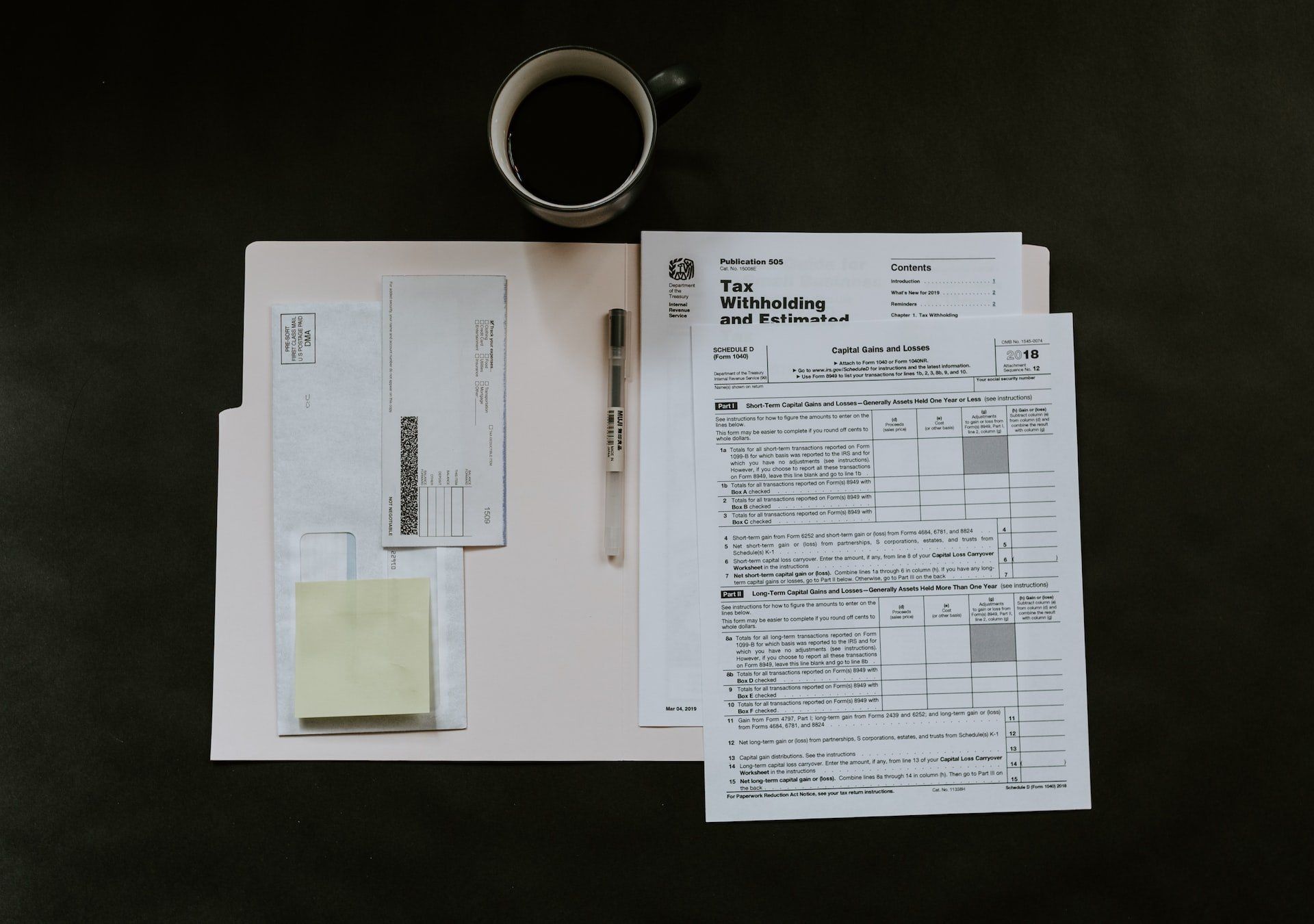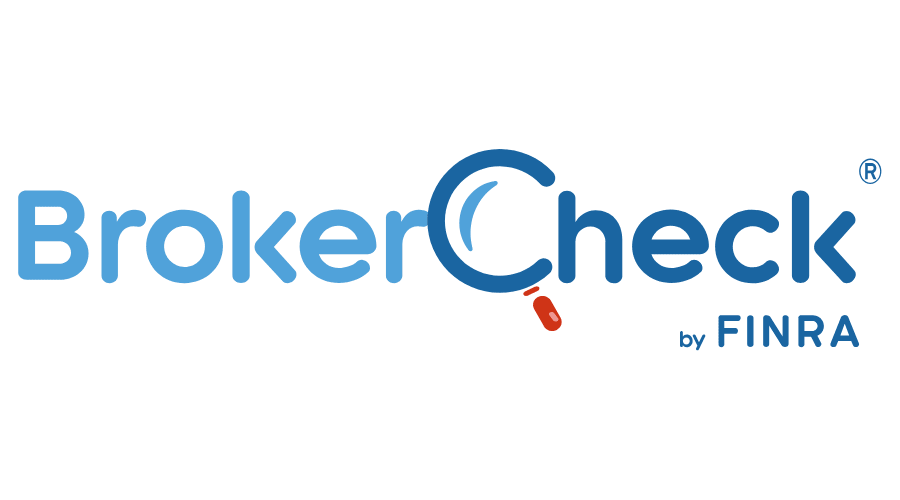The Ultimate Bookkeeping Guide for Small Businesses
Bookkeeping Guide for Small Business
The goal of all business owners is to have a growing and successful business. But to achieve this, you need to put in your energy and resources to meet your growth goals. It is easy to become overwhelmed by all the tasks that need to keep your small business running. Bookkeeping can keep you distracted and struggling, thus inhibiting you from achieving your bigger goals.
Bookkeeping is the process of organizing and recording the financial transactions of a business. Bookkeepers are responsible for this process. Understanding and monitoring financial records can help you tackle challenges early. Small business owners need bookkeeping to know whether their businesses are profitable. Small business bookkeeping also benefits from transaction reports and identifying expansion areas.
What are the Basics of Bookkeeping to Run Your Business?
Bookkeeping lays the foundation of the accounting process. Bookkeeping for small businesses helps to collect financial data while accounting analyzes it. Successful business owners need to be up to date with cash flow statements. You need to understand and account for all your business transactions. A bookkeeper will help prepare financial statements, send invoices, manage accounts and make payments.
As an entrepreneur, you need to understand some bookkeeping basics to run your business in the right direction.
Setting Up a Business Account
As a small business owner, you need to understand the bookkeeping basics. You can begin by knowing the type of accounts and how they get going. In bookkeeping, an account does not mean a business bank account. Instead, it refers to a record of financial transactions of a particular type, such as payroll or sales. These five basic bookkeeping accounts can help you record your transactions in their proper categories.
- Assets: They are the resources and cash that a business owns, such as inventory or accounts receivable.
- Liabilities: These are the debts and obligations owed by a business, like loans or accounts payable.
- Income or revenue: This is the business earnings. Such income usually comes in through sales.
- Expenditures or business expenses: It entails the cash that flows out from the business to pay for services or items. Utilities and salaries are an example.
- Equity: It is the value representing the held interest in the business. It remains after subtracting liabilities from assets. Examples of equity are, retained earnings or stock.
Understanding the type of accounts is essential. Setting them up is also crucial. In the past, a physical book called general ledger recorded account charts. However, today most businesses use accounting software to log their accounts. The records are virtual, but it is still called a general ledger.
What are the 3 Ways to Create a General Ledger?
There are three main ways to create a general ledger.
Spreadsheet software
Using spreadsheet software such as Excel is the most affordable method among the three. Using Google sheets does not require a monthly fee. But if you try to create your general ledger using a spreadsheet program, you are likely to spiral into a disaster.
Desktop accounting basic bookkeeping software
The second method is using desktop bookkeeping software such as QuickBooks Desktop. It requires an up-front fee that is on the high side. But after payment, you get the software to keep.
Cloud-based bookkeeping accounting software
The third method is cloud-based bookkeeping software such as Wave or QuickBooks Online. It also requires a monthly fee. Alternatively, you can use a bookkeeping service like Acuff Financial Services to manage your ledger and accounts. We offer bookkeeping for small business owners in Loganville, GA, and nearby areas such as Athens and Watkinsville.
The Process of Recording Financial Records
Before setting up, you will need to decide on a bookkeeping or accounting method. You will have to know whether you will use single-entry or double-entry bookkeeping. Single entry works for simple trades where if a customer pays, you enter the sum in your asset column only. But, the double-entry accounting system works for most businesses.
Any transaction in one account requires an opposite and equal entry in another account. You record debits and credits on your journal ledger. The debit is on the left and the credits on the right. Double entry is the most challenging but effective method. If your profits start dipping, you will know immediately.
What Does Balancing Books Entail?
Balancing and closing the books is the last step of basic bookkeeping. Balancing often happens at every end of the quarter or year. It is ideal to ensure you tally up your account debits and credits to match.
After balancing your books, it is essential to understand what those books mean. Summarizing how money flows in your business helps to analyze its health. The financial reports commonly used are a balance sheet, cash flow statement, and profit and loss statement. A balance sheet helps to summarize a single period. It focuses on assets, liabilities, and equity. Ideally, all your assets should equal all your equity accounts and liabilities. You can analyze your ability to reserve your cash or expand your business. Using a balance sheet will let you know how healthy your business is.
A profit and loss statement or income statement breaks down the business revenues, expenses, and costs incurred over some time, usually a quarter. Using an income statement helps you forecast by comparing your sales and business expenses. A cash flow statement is similar to a profit and loss one. However, it does not include non-cash items like depreciation. Cash flow statements can show you where your business spends money and earns. You can see its ability to pay bills and its immediate viability.
How Can You Keep Your Business Records Secure?
Tackle your books with a fresh mind to help you understand your bookkeeping system and chart a plan for progress. Record your financial transactions, including purchases, bill payments, incoming invoices, and sales, once every week. Make it a habit to close your books often.
Proper record-keeping helps you become organized and compliant with the law. Doing so ensures your records are safe and you have all the legal requirements necessary.

Work With the Top Financial Services Firm in Loganville, GA
If you are a small business owner, you probably avoid spending money on tasks you think you can achieve by yourself. But making bookkeeping errors can threaten the success of your business. You can look at your business bank accounts and wonder where all the money you make goes. If you experience any of this, it is time to get help.
Unless you have training in accounting principles, bookkeeping is a sensitive part of managing your business. Do not allow poor bookkeeping to frustrate you from achieving your business goals.
Save yourself from making costly mistakes by getting our professional tax services.
With us, you will never worry about bookkeeping since we are the best in the business. With us, you will also have access to expert Tax, Accounting, and Wealth Management services. Therefore, for the best bookkeeping for small businesses, visit Acuff Financial Services at our office in Loganville, Georgia. You can also call 770-554-8344 today to talk to any of our top tax advisors in Loganville, GA.











